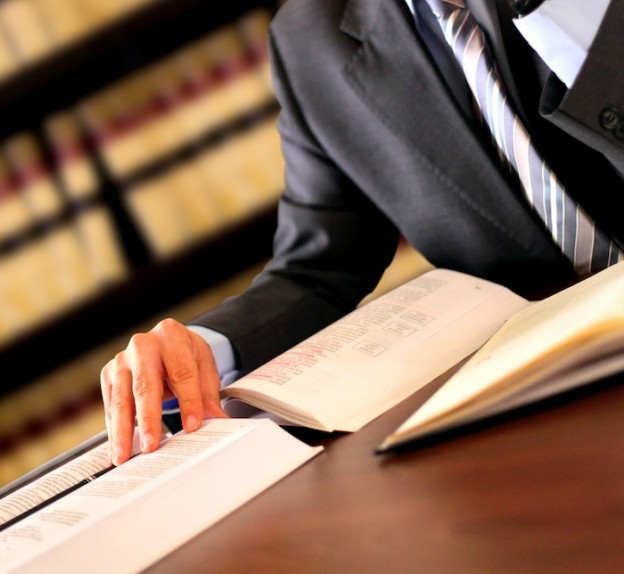Effective trial techniques for cross examining the opposing expert begins with preparing for the expert’s deposition before trial, taking an effective deposition of the expert, and then utilizing the generated information from the deposition in a series of questions at trial to bolster all the favorable answers for one’s client and to the judge or jury.
To effectively cross-examine an opposing expert witness, the attorney has to come in prepared to do battle with a person who has far more education, knowledge, background, and credentials in the subject matter than the lawyer. The attorney’s initial preparation starts with a thorough review of the relevant facts of the dispute, familiarizing himself with the subject, and formulating the legal issues involved. The attorney may even want to hire a consulting outside expert who has specialized experience in the field. If opposing side retains an expert, that expert is also a very effective source of information. The key portions of the opposing expert’s report –the conclusions and assumptions on which the expert opines — are the fodder for effective cross-examination. Once identified, one can tailor an effective rebuttal.
Effective techniques: To effectively cross examine an opposing expert at a deposition or during a trial, an attorney should:
- Understand the key issues and facts of the case and then, focus upon litigation strategies, including the use of one’s own experts to lay out in a clear, understandable manner the facts and the substance of the opinion for the judge or jury;
- Thoroughly examine all the evidence, including the scene of the incident, closely and in person. The attorney should be intimately familiar with all the facts and evidence in the case and be prepared to refute what the opposing expert has said.
- Diligently read and examine all the documents the opposing expert has prepared before conducting the deposition or going to trial. Expert witnesses, as part of the process, produce documents such as appraisals or expert reports. The attorney should locate and highlight any significant disclosures and representations made in the documents that support his or her stance.
- Learn as much as possible about the opposing expert’s professional background. Read publications authored by the expert. Read other cases where he/she appeared in the role of an expert witness.
- Consult other attorneys who have had experience with opposing expert in similar cases. To see just how effective (or not effective) a witness is, sit in a court and watch his/her testimony in other matters.
- Consider feedback from your own expert (whether a consulting or testifying expert) to help you formulate differences between the respective experts. Your case might become even significantly stronger if your expert can show that there was no basis or substance to the opinion, or the assumptions/methodology relied by the opposing expert were problematic.
Questions for trial: The techniques for cross examining any expert let alone an appraiser expert do not differ than what would be ordinarily used with another witness or a party to a lawsuit.
- Ask only questions that have a response with a yes or no answer.
- Start strong with questions that (a) are effective for your case where the answeris already known to the attorney and (b) will capture the attention of the judge or jury.
- Have simple and short questions so that the judge or jury can readily understand them.
- Make sure the answer to every question is known to the attorney. After all, the expert’s deposition was supposedly taken.
- Focus solely upon vulnerable areas for the other side and his or her expert.
- Use exhibits that tell the story. They keep the judge and jury tuned in.
- Do not lose your or the jury’s focus by repeating already admitted issues in the cross examination. Once admitted, move on to the next point.
- End the cross examination at trial on a high note such as a damaging admission by opponent’s expert that favors your client.
Conclusion: Cross examination of the other party’s witness is important at trial. Focusing upon the trial’s theme, the differences between the respective experts, and discrediting the opposition’s expert, results in an effective cross-examination of any expert.




